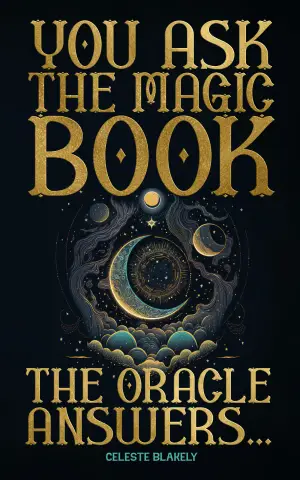Good Dirt: A Novel by Charmaine Wilkerson – A Tapestry of Trauma and Healing
When I first laid eyes on Good Dirt: A Novel by Charmaine Wilkerson, it was the promise of a rich family saga and the exploration of deep-seated grief that drew me in. Having been captivated by Wilkerson’s previous work, Black Cake, I was eager to see how she would weave intricate narratives around loss, legacy, and the bonds of family. Little did I know that this novel would not only engage my intellect but tug at my heartstrings in ways I hadn’t anticipated.
At the heart of Good Dirt is Ebby Freeman, a ten-year-old who witnesses the traumatic death of her brother, Baz, on a day forever etched in her memory. The story spans generations, set against the backdrop of a tragic event that, though unresolved, reverberates through Ebby’s life. As she navigates her own heartbreak—following a high-profile romance that leaves her feeling abandoned—she flees to France, seeking solace only to uncover a wealth of unaddressed family history tied to a beloved heirloom: a centuries-old stoneware jar.
Wilkerson skillfully explores themes of love and identity, history and trauma. The jar, an object with a remarkable past that has traveled through the hands of enslaved artisans, becomes a powerful symbol of both heritage and emotional burden. It serves as a reminder of the complex history of Black America—an acknowledgment of pain that has shaped countless lives. While this is a multi-generational tale, each time period is tightly woven together, reflecting how past trauma influences present choices.
The structure of the novel—shifting between timelines and perspectives—might initially feel overwhelming, yet it immerses readers deeply into the psyche of each character. I found myself particularly drawn to Ebby’s resilience. Despite grappling with guilt and memories that haunt her, she embodies a spirit of courage and love that resonates throughout the narrative. The writing itself is lyrically rich, with poignant descriptions that bring both rural New England and the French countryside to vivid life.
One quote that struck me was, “The mind cannot be chained.” It encapsulates the novel’s essence: the exploration of freedom—be it mental, emotional, or physical—and the ongoing journey toward self-acceptance and understanding. This quote, alongside Ebby’s journey toward healing, highlights the necessity of facing one’s past to carve out a meaningful future.
For anyone who appreciates historical fiction infused with emotional depth, Good Dirt is a treasure. This book resonates especially with those who seek narratives around Black history, family, and the nuances of grief. It is undoubtedly a novel that asks the reader to reflect on their own legacies and the scars we carry.
In a world where stories often overlook the interplay of past and present, Charmaine Wilkerson has crafted a powerful reminder that the journey of understanding who we are is woven from the threads of those who came before us. Good Dirt isn’t just a book; it’s an experience that lingers long after the final page is turned. If you are looking for a thought-provoking read that challenges and comforts in equal measure, this is the one to add to your collection.






